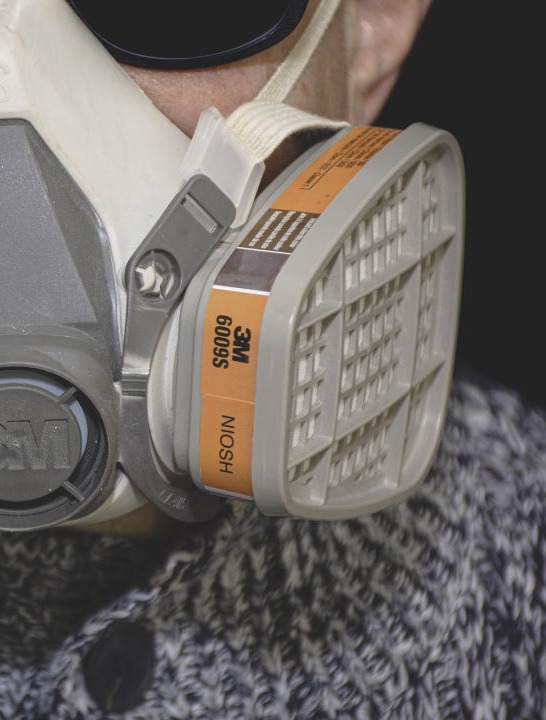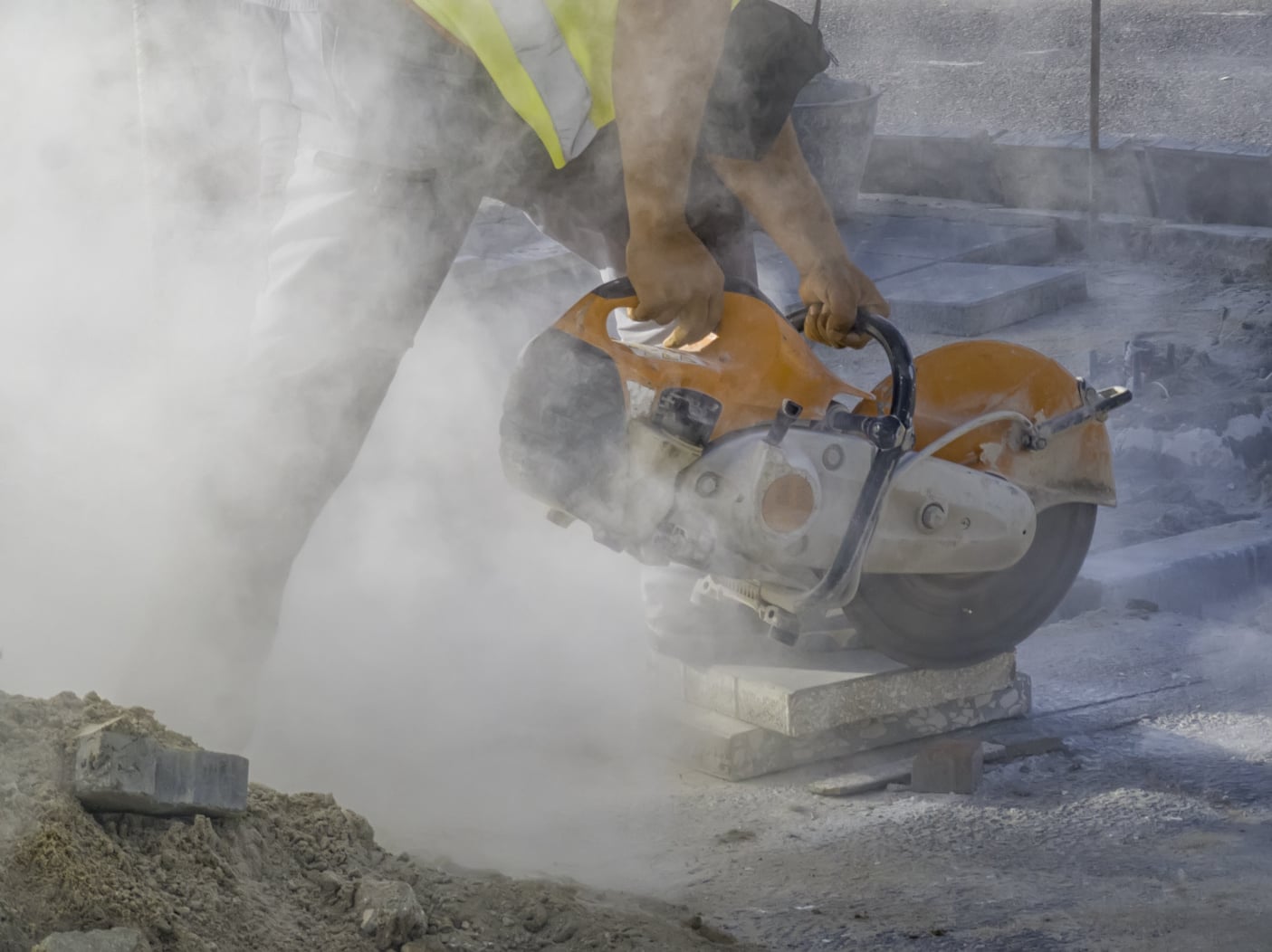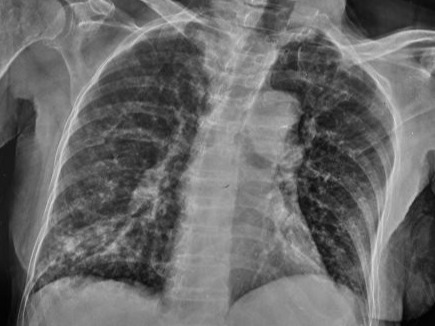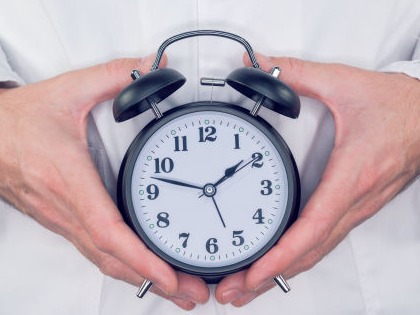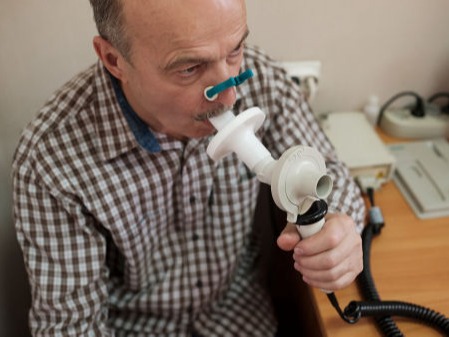All our Crystalline SIlica Medicals are undertaken to Safework Australia specifications. Under Work Health & Safety Regulations (WHS) Crystalline Silica is listed as a restricted hazardous chemical. Examples of work activities involving Crystalline Silica include:-
• Fabrication, installation, maintenance and removal of engineered stone counter-tops
• Excavation, earth moving and drilling plant operations
• Clay and stone processing machine operations
• Paving and surfacing
• Mining, quarrying and mineral ore treating processes
• Road construction and tunnelling
• Construction labouring and demolition
• Brick, concrete or stone cutting; especially using dry methods
• Abrasive blasting (blasting agent must not contain greater than one per cent of crystalline silica)
• Foundry casting
• Angle grinding, jack hammering and chiselling of concrete or masonry
• Hydraulic fracturing of gas and oil wells
• Pottery and other ceramics industries
• Crushing, loading, hauling and dumping of rock or muck, and
• Clean-up activities such as sweeping or pressurised air blowing of dust.
Silica is also abundant in nature in multiple forms.
Non-occupational exposure to silica dust can occur around industrial sites (quartz crushing, agate grinding, ceramics, use of slate pencils, mining and milling of sand stones, silica flour milling) or from naturally occurring sources such as desert dust or sand.
Health monitoring occurs when a significant risk of exposure is identified.
This is required under the model WHS regulations and will include:-
• Collection of demographics, medical and occupational history
• Records of personal exposure
• Standardised respiratory questionnaire to be completed
• Standardised respiratory function tests, for example, FEV1 (Forced expiratory volume in one second) , FVC (Forced vital capacity) and FEV1/FVC
• ILO Chest X-Ray reviewed by an ILO-accredited radiologist.
The WHS Laws are regularly reviewed and updated and we will ensure compliance.
In summary, the Silicosis Screening process is as follows:-

